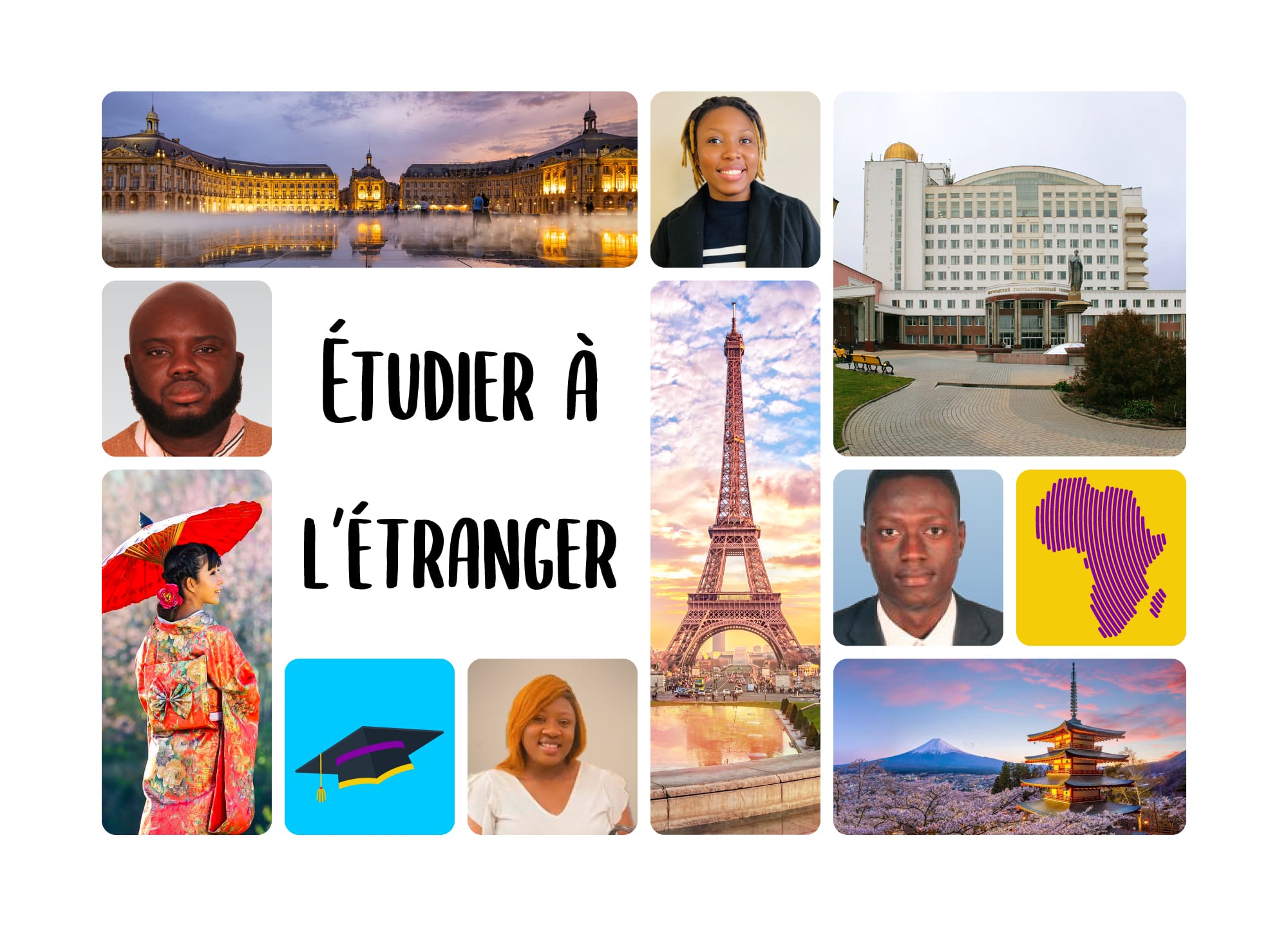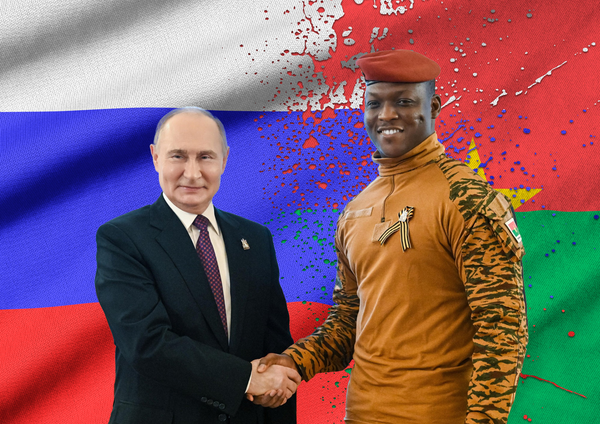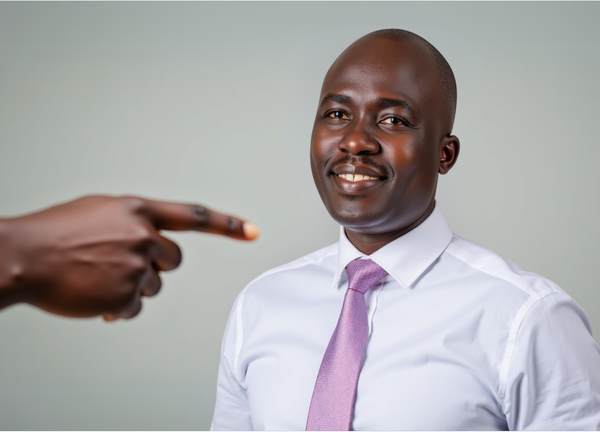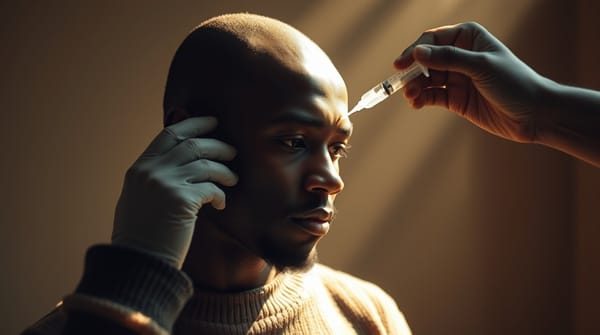They are millions of African students from abroad, especially in Europe, the United States and Asia, to make a university exchange. Their testimonies agree to say that studying away from their own is not inevitable because the host countries generally do not dissociate foreign students from theirs. If some of these students return to their motherland, others prefer to settle permanently in host countries, sometimes against their will.
The conditions for professional integration in Africa do not favor their return. This is moreover the essentials of the testimonies of Aboubacar Zerbo, Adja Maïmouna, Michaël Bationo and Noëlla Christelle Nanema. However, what do they say about their host countries, respectively France for the first two, Japan and Russia for the other two?
Studies in France
After six years in France, via Morocco and Senegal, Aboubacar Zerbo is formal that the country of Charles de Gaulle, far from what is said within public opinion in Africa in general and particularly in Faso, is not a hostile or racist country. For this young Burkinabè who studied in Bordeaux then in Bayonne, and who worked in Total Paris then in Caterpillar, the French people identified with hospitality, rigor, well done work, meritocracy, all in a simplicity that imposes a good climate of work. “ We must not confuse political France with geographic France, the French people. The French student, the French peasant, the French engineer, have nothing against Africa [...] They are hospital, I had no problem during my stay. We will say, for example, that Burkina is a country of misery, insecurity and everything, which must be helped ... ".
" It is therefore up to our authorities and our media to present a good image of our countries ," said the doctoral student in logistics engineering.
This testimony of Aboubacar Zerbo is confirmed by Adja Maïmouna Konaté who also studied in France. Also a party on equity, she registered, at her expense, in a private European school to train in the field of commerce. However, she finds that life is quite hard in Europe. " I was doing a student job, but I needed the help of my loved ones because what I won was just for shopping. It is true that I was not in such a difficult situation, but I saw people who did not even have to sleep. It's extremely difficult, especially in winter ... I had to host a lot of people, ”she said. And the most interesting is not in France or in Europe that this welcome is reserved for African students.
A university stay in Japan
Michaël Bationo , is an Abi (African Business Initiative) scholarship holder of the Japanese Embassy in Burkina, which also went through Senegal before completing its curriculum in Japan, arrives at the same observation. For him, the major difficulty for foreigners in Japanese earth is linked to the language. From his stay in Japan between 2018 and 2020, the Son of Faso retains a shock due to the difference of socio -cultural realities between the two countries. “ When you arrived at the airport, I realized that it is day and night. There are many customs to respect in Japan […] It is a lack of respect to come late, coming on time already is a lack of respect because the course begins on time indicated. […] The language barrier too, casually, many of them speak English. Those who have completely integrated are those who have made the effort to speak Japanese. Having basic concepts was really the most that allows you to integrate easily. It must be said that the scholarship also helped us a lot. There were training sessions that were organized from time to time to really introduce us to Japanese cultures, teach us other concepts […] In my case, everyone had the obligation to stay there. The scholarship covers all needs, it is not allowed to do parallel work with studies ”. Michaël Bationo returned to the country with a master's degree in international relations and a certificate in Japanese culture and development. Time passes, but living conditions and studies remain the same for African students in the rest of the world.
Studies in Russia
Christelle Nanema left for Russia to continue her pharmacy studies, with equity like Adja Maïmouna Konaté. However, she managed to obtain a scholarship thanks to her academic results. After a year of initiation to the Russian language, she started studying pharmacy at the University of Belgorod. Even if the cold Slavic was relatively exhausting for her at the beginning, she was relatively well integrated into her new environment.
" There is a Russian who asked to touch my skin, there are no racist treaties, no. I agree that experience can be different for other people , ”she said.
At the campus, the year of initiation to the Russian language did not by allow him to fill his linguistic gaps. “ Afterwards, I realized that the year of language was only kindergarten. In the first year, it's something else. The teachers are almost all Russian, the speed was very hard. I remember that I came from times when I wanted to give up. […] And as the years pass, they expect a lot from us, linguistic progress ”. In Russia, each foreign student has a mentor, a tutor who is responsible for following him, orient him and accompany him. “ When you have a concern, we're going to see them. When the visa has to expire for example, it reminds you so that you go to the service of migration. As a student, we have a student visa which must be renewed in fact ”. Back in the Faso for her holidays in 2021 and 2023, she did not escape the shock due to the gap between her original company and the host company. An wow disorder that she understands and links to the low literacy rate. Everything that encourages him to fight more to move the lines in Africa in the near future.
In the hope of putting their skills at the service of their homeland, Aboubacar, Adja and Michaël all returned to Faso. As for Noëlla, one of the conditions for his admission to the Belgorod State University is the return to his country of origin at the end of his studies. Well aware of this, she is preparing for it even if, in Burkina Faso, nothing is automatically reserved for her in terms of professional integration.
« In Burkina, no company has already come into contact with me, absolutely nothing. There is also no pharmacy that awaits me. For the moment, I have no proposal ».
Once her diploma is in his pocket, Christmas will have to engage in another battle, that of professional integration. And this battle, Aboubacar Zerbo, Adja Maïmouna Konaté and Michaël Bationo also had to win it. Despite their skills and their good will, they have known the harsh realities of the world of employment in the land of honest men. “ In Burkina, I was a little disappointed because I did not find this rigor, this punctuality, this methodical spirit and this meritocracy that the white man, we miss this. I have no parent in France but, I worked in Total Siege. And I come to my house in 2016, to apply in a business and I am asked '' who sent you here? Who recommended you? ''. […] And the worst, even today, my students tell me that they went to apply and they were asked who sent them… ”, laments Aboubacar Zerbo. Inscribed as a doctoral thesis in France, this teacher first went from one contract to another in different companies before devoting himself entirely to the teaching of logistics within universities and private institutes.
Adja Maïmouna Konaté for her part, handbally since her secondary cycle, continues her sports career while watching for work opportunities in the field of event communication and sports journalism. Also, it applies the training received by marketing various goods. It confirms the difficult conditions for obtaining work of graduates arriving from the outside on the basis of the experiences of her relatives.
As for Michaël Bationo, his address book like those of his parents and relatives, quite supplied, were not enough to get him a full -time work from his return. It was after nine months of research that he obtained the position of project manager in a non-governmental organization (NGO) based on Ouagadougou, a position he still occupies today. With his comrades returned from Japan, they set up an association called "Kakehachi" in order to support students applying for the Japanese Stock Exchange and to offer a framework for exchanges, sharing of experiences and opportunities between them. It is indeed a bridge between the Burkinabè Foreign Ministry of Foreign Affairs and the Japanese Embassy in Burkina in favor of former Japanese scholarship holders.
Essentially, Aboubacar Zerbo, Adja Maïmouna Konaté, Michaël Bationo and Noëlla Christelle Nanema want the Burkinabè state to set up a process of monitoring students, especially those stock markets, so that the skills that these acquire abroad serve significantly to the development of the country. “ Of 20 of my promoters who returned to the country, 15 left because they do not find what they want to do in Burkina. I know Comrades from Toussiana who have studied advanced computer science, who are working today in cars, drones and others, even before the security crisis. Currently the country dearly pays drones and armaments. And it didn't start today, but who loses? The Burkinabè state which most often invests in providing scholarships to students but without the slightest follow -up. We have Burkinabè who come out of Western universities with specializations that do not exist in Burkina. It is better, from my point of view, that one can associate and conjugate these talents to exploit them wisely. A student who goes for example in France, we must know what he is going to do and the importance of what he does for Burkina in 5 or 10 years , "recommends Aboubacar Zerbo who says it feeds political ambitions with the aim of integrating the circle of decision -makers and stimulating a change.
By Yann Eljoenai Zoungrana









